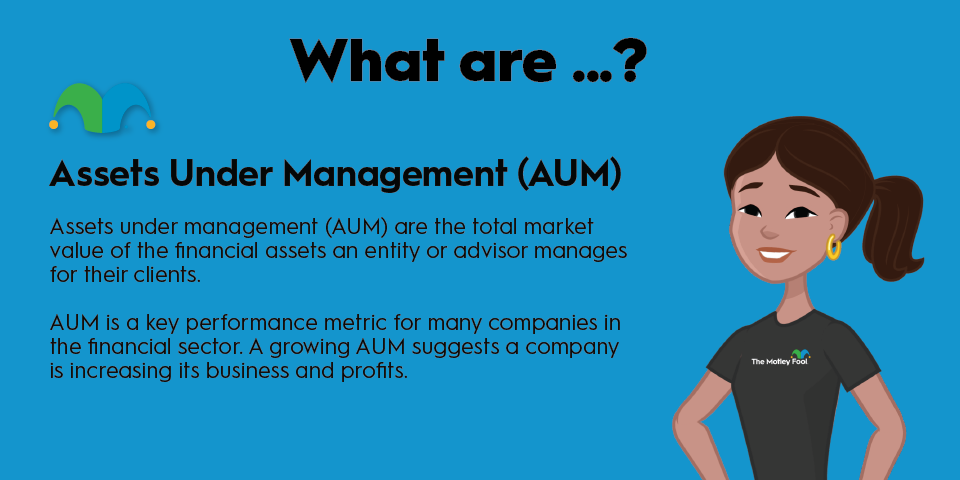Importance of audits
For an example of the importance of audits, look no further than the spectacular 2001 collapse of Enron, a major player in the electricity, natural gas, and communications markets that claimed revenues topping $100 billion in 2000. The Houston-based company was described by Fortune as one of the nation’s most innovative companies for six consecutive years.
Enron’s true innovation, however, lay in the area of accounting fraud. The company used special-purpose vehicles and offshore accounts to hide liabilities and keep a strong credit rating. Meanwhile, it inflated or invented assets and profits.
When the magnitude of the company’s corruption surfaced in 2001, Enron filed for bankruptcy. The company’s auditor, Arthur Anderson & Company -- one of the former Big Five of accounting firms -- was found guilty of obstruction of justice for destroying important audit records and lost its ability to audit publicly traded companies, effectively dissolving it.
The fallout wasn’t just limited to Enron and Arthur Anderson. Estimated losses hit $74 billion, making it the largest U.S. bankruptcy at the time. The scandal resulted in the 2002 passage of the Sarbanes-Oxley Act, major legislation that set tighter auditing and disclosure standards for publicly traded companies.



















